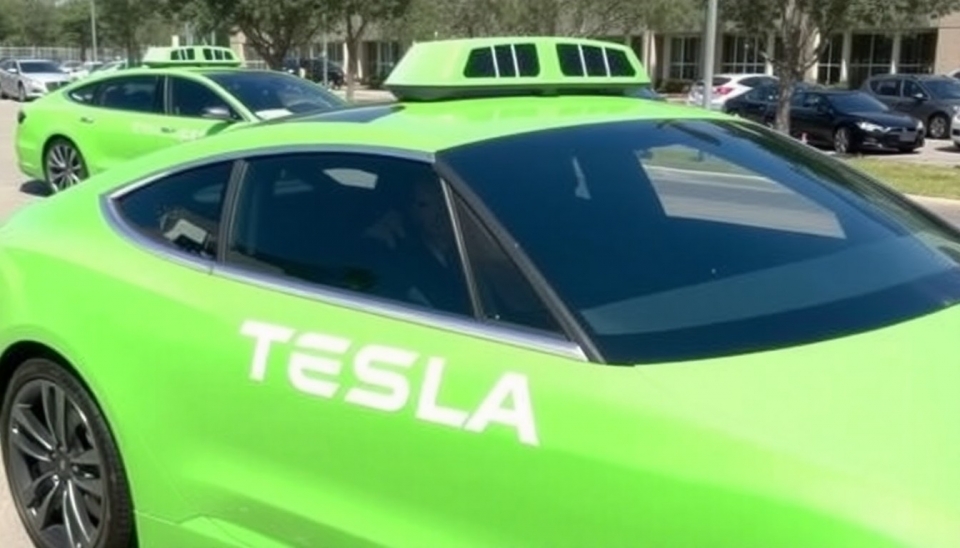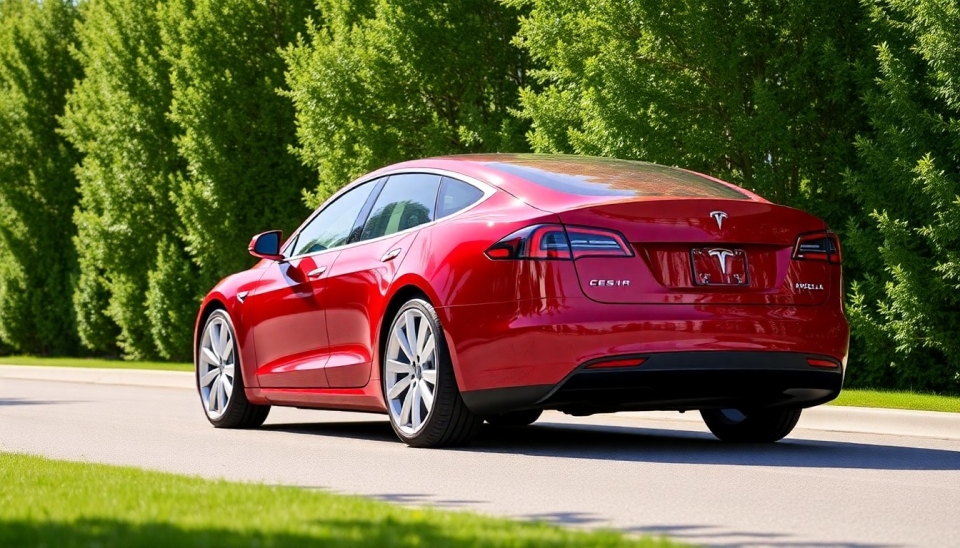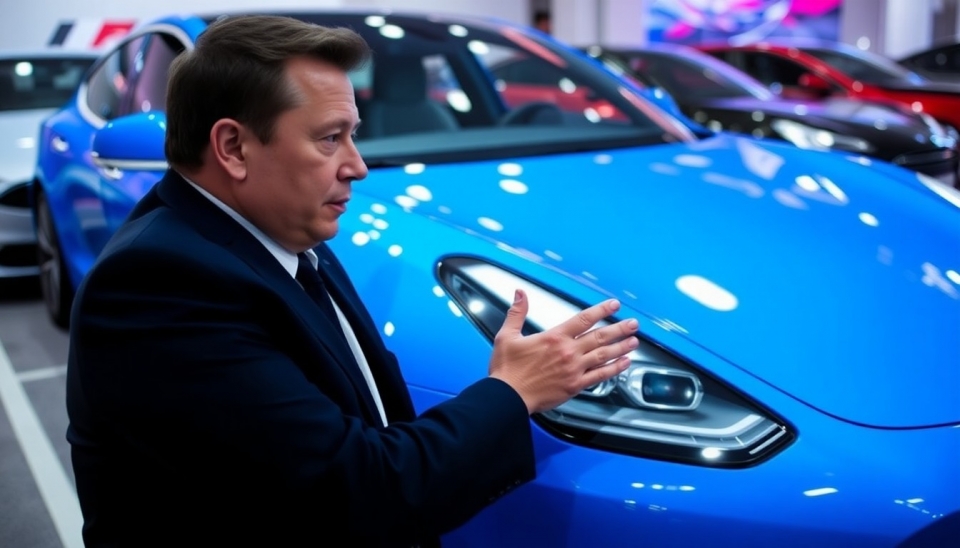
In a significant legal maneuver, Elon Musk has filed a petition urging a federal court to intervene in OpenAI's controversial transition to a for-profit corporation. This shift, according to Musk, is purportedly illegal and jeopardizes the core missions of the organization, which was originally established to promote and develop artificial intelligence in a manner that is safe and beneficial for humanity as a whole.
Musk's concerns stem from OpenAI's transformation in 2019 when it moved from a non-profit model to a "capped-profit" structure known as OpenAI LP. The tech entrepreneur, who was one of the co-founders of OpenAI back in 2015, argues that this transition undermines the organization’s foundational altruistic goals. In his legal filing, Musk states that the newly instituted profit motives divert the organization from its mission of ensuring that advanced AI technologies are developed with an emphasis on safety and ethical guidelines.
The crux of Musk’s argument points to the risks associated with AI becoming too powerful and the potential for profit-driven entities to prioritize financial gain over ethical considerations. Musk has been an outspoken advocate for AI safety, frequently warning about the dangers of unregulated AI development. In recent months, he has called for more stringent regulations and oversight to ensure that AI technologies serve the public interest effectively.
Musk’s involvement comes amid increasing scrutiny of AI developers and the implications their technologies have on society. High-profile leaders and organizations in the tech space have echoed Musk’s sentiments regarding the ethics and responsibility associated with AI advancements. The rise of AI has brought about a myriad of challenges, ranging from job displacement to concerns about misinformation and bias.
The case continues to draw attention as it unfolds, raising crucial questions about the balance between innovation and ethical stewardship in the rapidly evolving field of artificial intelligence. Advocates for strict regulations and guidelines are likely to keep a close eye on the court's decision, which could set a precedent for other tech companies navigating the blurred lines between profit and responsibility.
As the legal battle progresses, the implications of this case could resonate far beyond OpenAI, influencing how tech firms approach the development and deployment of AI technologies in the future. Musk's efforts to hold OpenAI accountable underscore a broader conversation about the future of artificial intelligence and the principles that should govern its evolution.
With such high stakes involved, the outcome of Musk's court petition could potentially shape the regulatory landscape for AI companies and redefine the frameworks within which they operate in pursuit of both innovation and ethical standards.
#ElonMusk #OpenAI #ArtificialIntelligence #TechEthics #AIRegulation #ForProfitShift #AIMission #LegalBattle
Author: Emily Collins




